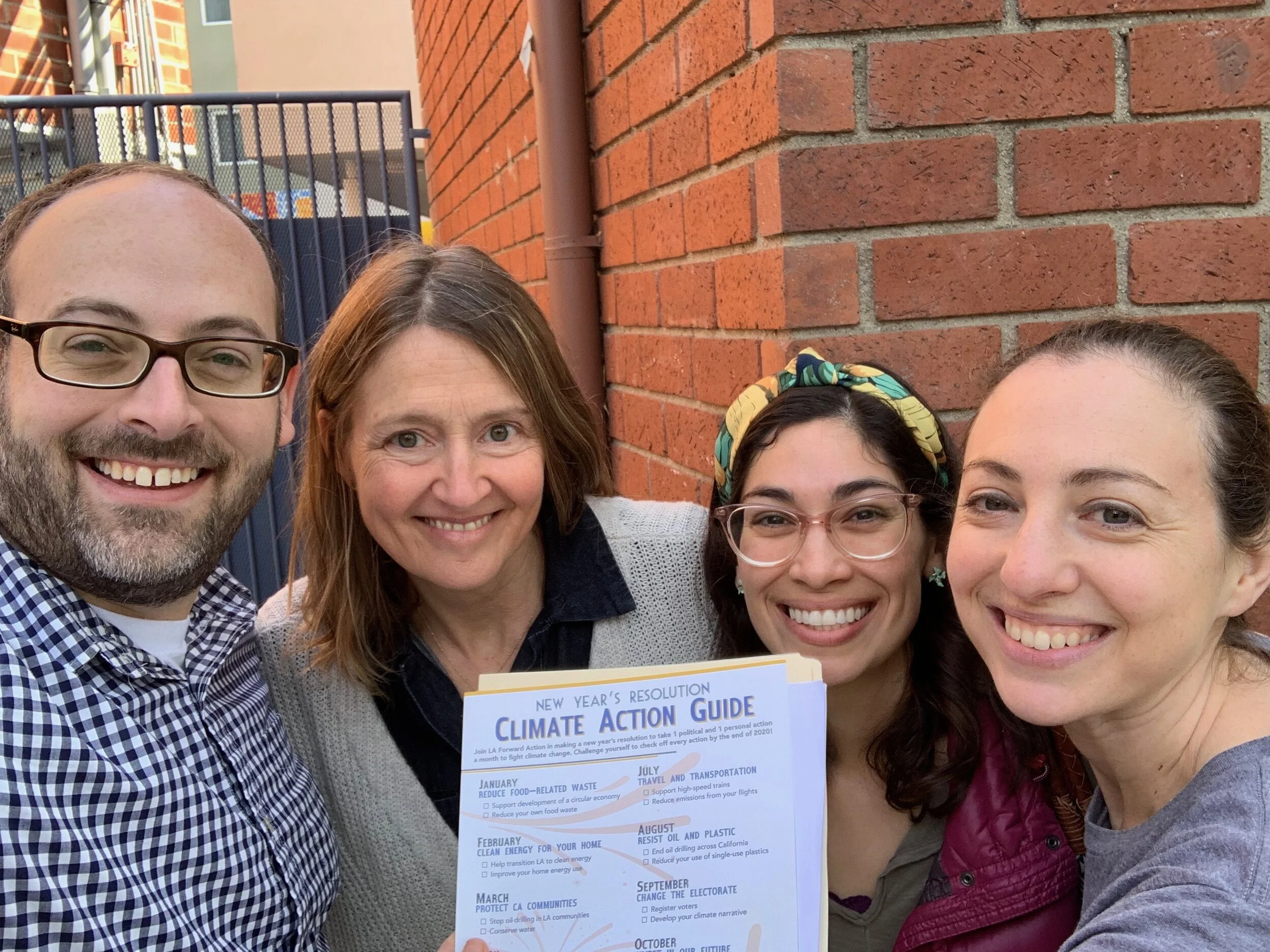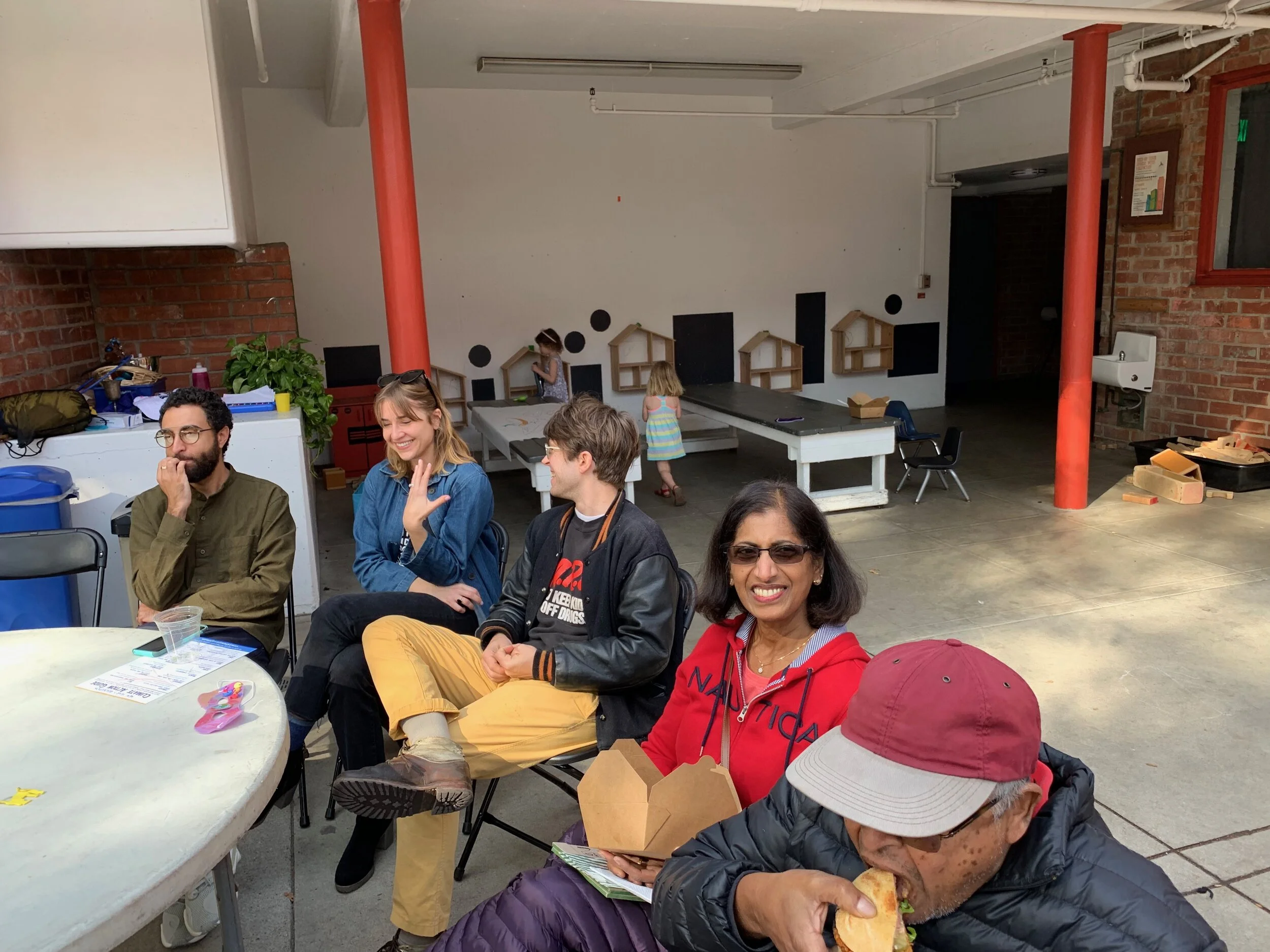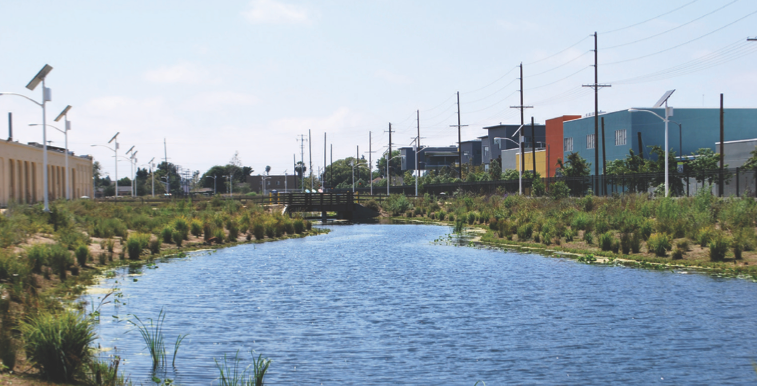The current pandemic is not only threatening the health of Angelenos, but is having devastating social and economic impacts on all of us -- especially working people, small businesses, and the houseless. Everyone's well-being, our shared public health, depends on everyone having housing, access to good healthcare, and job and food security. LA Forward is mobilizing a rapid response involving mutual aid, resource guides, and policy action alerts. You can take action and make a real difference today and in the weeks and months to come. In this email, we're asking to to 1) call your city councilmembers today and 2) fill out our survey so you can get involved hands on (virtually speaking).
1. First, we need our leaders must take urgent action to bring relief to our city’s most vulnerable residents and protect ALL Angelenos.
Please call your City Council members today! Our communities need emergency relief immediately. You can use this script developed by the Healthy LA Coalition. You can read our op-ed and see list of endorsing organizations at healthyla.org
“Hello, My name is ____ and I am with LA Forward. As a constituent, I'm calling to urge Councilmember [name of your Council member] to take 3 steps.
First, we need to strengthen the eviction moratorium to protect renters for longer and not require proof that failure to pay is related to coronavirus, which may be impossible to obtain. All eviction notices served during this state of emergency should be void.
Second, council must immediately end 56.11 enforcement to stop criminalization, sweeps and confiscation of properties of houseless Angelenos and instead mobilize a public health response, including:
- ID city buildings and safe parking areas for houseless people and provide sanitation
- Provide handwashing stations and porta-potties at all encampments
- Open up park and recreation facilities and public libraries for houseless people to access restrooms and handwashing
Third, Council must enact a rent freeze covering all rental apartments in the City and stop commercial evictions of small businesses. It is critical that our city take action to protect renters and those who are homeless during a global pandemic.
We're all in this together. Now is the moment to protect the most vulnerable. When we do that, we protect everyone. Thank you!"
Call AND email your council member before this Tuesday’s hearing! Calls are most important. You can determine your council member at https://neighborhoodinfo.lacity.org/
Councilmember Gil Cedillo, CD 1 – (213) 473-7001; Gilbert.Cedillo@lacity.org
Councilmember Paul Krekorian, CD 2 – (213) 473.7002; councilmember.krekorian@lacity.org
Councilmember Bob Blumenfield, CD 3 – (213) 473-7003; councilmember.blumenfield@lacity.org
Councilmember David Ryu, CD 4 – (213) 473-7004; david.ryu@lacity.org
Councilmember Paul Koretz, CD 5 – (213) 473-7004; Paul.koretz@lacity.org
Councilmember Nury Martinez, CD 6 – (213) 473-7006; councilmember.Martinez@lacity.org
Councilmember Monica Rodriguez, CD 7 – (213) 473-7007; councilmember.rodriguez@lacity.org
Councilmember Marqueece Harris-Dawson, CD 8 – (213) 473-7008; councilmember.harris-dawson@lacity.org
Councilmember Curren Price, CD 9 – (213) 473-7009; councilmember.price@lacity.org
Councilmember Herb Wesson, CD 10 -(213) 473-7010; councilmember.Wesson@lacity.org
Councilmember Mike Bonin, CD 11 – (213) 473-7011; councilmember.bonin@lacity.org
Councilmember John Lee, CD 12 – (213) 473-7012; Councilmember.Lee@lacity.org
Councilmember Mitch O’Farrell, CD 13 – (213) 473-7013; councilmember.ofarrell@lacity.org
Councilmember Jose Huizar, CD 14 – (213) 473-7014; councilmember.huizar@lacity.org
Councilmember Joe Buscaino, CD 15 – (213) 473-7015; councilmember.buscaino@lacity.org
We're part of the Healthy LA Coalition which is community groups, labor unions, multi-issue social justice organizations, and religious congregations uniting across lines of race, class, faith, and geography to propose concrete solutions to the many hardships caused by the COVID-19 pandemic. Please visit our website at http://healthyla.org/ for more information and to see endorsing organizations. You can find a link to this action alert at http://healthyla.org/action-alerts/ for speading on social media.
--
2. Second, LA Forward is organizing our own response too. You're welcome to watch a video conference we did yesterday here.
We've crafted a series of strategic actions from advocating for policies to aid the most vulnerable members of our communities, to supporting one another through targeted outreach and information gathering.
This week, we will be sharing the first of LA Forward's RAPID RESPONSE GUIDES designed for:
Families and Parents (activities, education, resources for people with infants to young adults and for people with furbabies)
Financially Vulnerable (sub groups: freelancers, service workers, people with disabilities, undocumented, immigrants, seniors, LGBTQ+, unsheltered and housing insecure)
Mental Health (resources and activities for all groups including: seniors, singles, LGBTQ+, immigrants, undocumented and people with disabilities)
We will also be working on the hyper-local level with mutual aid actions for seniors, small business owners, and the unsheltered community. With the success of our first virtual meeting, we will be staying engaged through video conferences to keep you connected and updated. Stay tuned.
Most importantly, we want to hear from our members directly.
Please take a few moments to tell us HOW YOU WANT TO GET PERSONALLY INVOLVED by filling out our short rapid response survey.
For all updates and information on our continued rapid response, please visit our website at https://www.losangelesforward.org/rapidresponse
You can follow us on Twitter, Facebook, and Instagram too.
Let us remember that our own health depends on the health of the person next to us, and the person next to them. Ensuring every Angeleno’s access to the space, resources, and health services they need is how we take care of each other. Our local governments’ actions must reflect this essential truth and rise to the scale of this enormous challenge. This is not the time for half-steps or hesitation. Now is the moment to protect the most vulnerable. When we do that, we protect everyone.
We WILL pull through this by pulling together.
In solidarity,
David Levitus
Executive Director
LA Forward



























